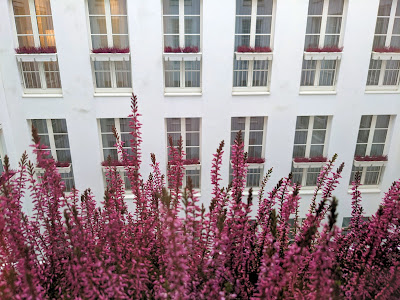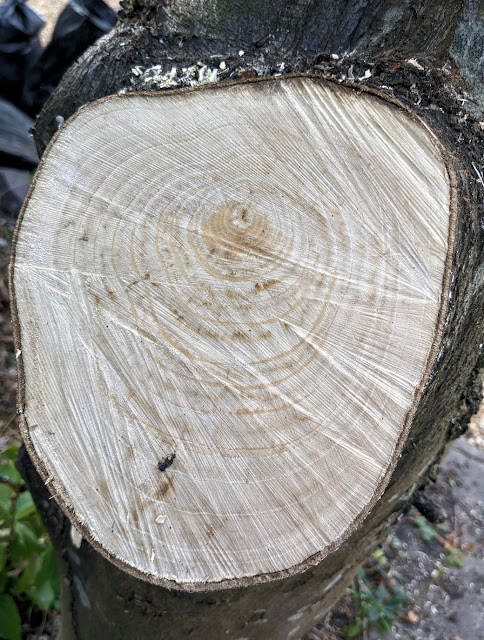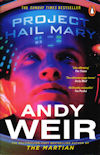Designing Freedom: Massey lectures.
Canadian Broadcasting Company. 1974
This slim book (100 paperback-sized pages) is a transcript of a series of six radio lectures given in 1973, with some additional illustrative sketches.
Stafford Beer was a renowned systems thinker, in the field of operations research and management cybernetics. These lectures outline his view of what the severe problems with management and governmental practices are, and how to solve them by taking Ashby’s Law of Requisite Variety seriously.
His point is that these human systems are dynamic systems of parts and connections, not static fixed monoliths, and they need to be thought of as such to even ask the right questions. In particular, he points out that what we typically observe as the entity, the system, are actually outputs of that system, products of the system organised to produce them. Focussing on the outputs as if they were the system itself then leads to problems when we try to modify or stabilise things. In particular, societal properties like crime, poverty, immorality and the like are outputs of a society organised to produce these (“the cruelty is the point”), not mere unfortunate “blemishes” that can be ironed out by doubling down on our current practices. If we want liberty, say, then we need to design a system of government where liberty is an output.
And how do we interact with, and modify, such tremendously complex and dynamic systems as organisations, governments, and society? Here is where the Law of Requisite Variety comes in. If a system has a lot of variety (a large number of possible states) then we need to match and “absorb” that variety with an equal amount of variety in our interactions and interventions. But we can’t actually do that in practice, since the resources producing system variety greatly outweigh and outnumber our resources to intervene (eg, there are more and various people in the population producing variety than there are government ministers and civil servants responding). So what to do?
If the system has too much variety for regulation, then its variety must be attenuated, or regulatory variety must be increased, to make them match. However, many variety attenuators (low variety models, aggregation, long and set time periods, etc) are not appropriate for faster moving dynamic systems. Beer discusses several approaches from the point of view of operations research, but his main emphasis is on the use of computers as variety matchers. He mentions that common use of computers is counter-productive, attenuating when they should increase, and vice versa, however. He talks about his Chilean experiment in cybernetic government, cut short by the military coup that overthrew the Allende regime, as an example of the kind of computational use he says is needed.
He points out a serious issue: that there is a lot of variety attenuation going on to match the capability of the human brain, but that we have no control over the forms of attenuation. Education is one form, often enforcing the “right” answer, attenuating the student’s creativity. Publishing is another, with the editor providing the attenuation. Beer suggests an alternative to these: personalised education via the computer, and personalised computerised search of recorded information.
These lectures were given 50 years ago. How well have they stood the test of time? Well, civilisation hasn’t collapsed, contrary to Beer’s prediction. Maybe this is because his ideas for personalised education and search have been realised: the Internet and search engines have made vast quantities of information available at the click of a few keys, allowing self-education. Unfortunately, he was too optimistic: these technologies have also enabled the self-publication of, and self-education from, “information” by flat earthers, creationists, anti-vaxxers, science denialists, and full-blown conspiracy theorists. So, things have got a lot better, and also a lot worse, in the intervening half century. I find myself reminded of Ada Palmer’s discussion of the “Ever-So-Much-More-So” powder, which increases the intensity of everything, good and bad alike: “Sprinkle it on the Middle Ages and you get the Renaissance”. The Internet is today’s Ever-So-Much-More-So powder, sprinkled on civilisation.
Despite its age, this book is an excellent introduction to the ideas of management cybernetics, and requisite variety, and how variety may be attenuated and increased beneficially. Well worth the read, even 50 years later.
For all my book reviews, see my main website.

















































